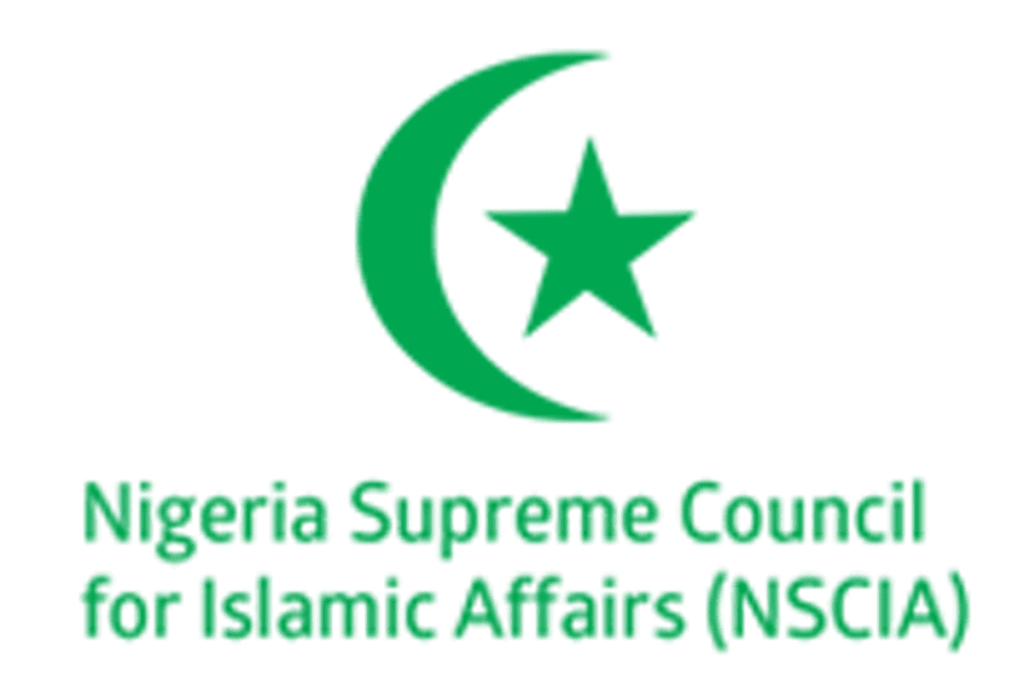
The Nigerian Supreme Council for Islamic Affairs (NSCIA) has lamented the prevalent economic hardship in the country, stating that many households are now engaged in a daily struggle for survival.
In a statement issued in Abuja on Sunday, signed by the President-General and Sultan of Sokoto, Muhammad Abubakar, along with the Secretary-General, Prof. Is-haq Oloyede, the NSCIA highlighted the toll of economic challenges on the populace, particularly after grappling with issues of terrorism and insecurity.
The council emphasized the adverse effects of the removal of the petrol subsidy on Nigerians, further underscoring the gravity of the current economic situation in Nigeria.
The statement read, “The Nigerian Supreme Council for Islamic Affairs (NSCIA) is deeply concerned about the current economic reality in Nigeria and the devastating impacts of the removal of petrol subsidy on Nigerians.
“The council is aware that the current challenges are overwhelming, as those who are just recovering from the aftershocks of terrorism and insecurity are now confronted with economic challenges to the extent that meeting basic needs is now a luxury for the majority of Muslims. For many households, survival is a daily battle as the number of the poor keeps increasing within the ummah.”
A series of terrorist attacks has recently occurred in various parts of the country, particularly in Plateau State. The Christmas Day attack in Bokkos and Barkin-Ladi Local Government Areas of the state resulted in the tragic loss of over 100 lives.
READ ALSO: Sultan of Sokoto-Led NSCIA Calls on Nigerian Government to Support Palestinians Amid Israeli Attacks
In response to this alarming situation, there is a growing call for the implementation of a more effective and robust security framework throughout the country.
In light of these events, the NSCIA has announced the launch of the ‘Ummah Care Initiative.’ This initiative is designed as an emergency palliative intervention to alleviate the impact of the current economic challenges on vulnerable members of the Muslim ummah. The NSCIA emphasized that this effort is complementary to the ongoing initiatives of the Federal and State Governments aimed at providing assistance to Nigerians.
The council expressed concern about the reported discrimination against Muslims in some states during the distribution of relief interventions, citing Plateau State as a specific example.
In response, the Ummah Care Initiative aims to address the needs of socially excluded members of the Muslim community nationwide.
“After the exercise, the initiative will dissolve into MESH, which will continue with its generic work of alleviating the suffering of Nigerian Muslims, giving hope to the poor, and providing the basic needs to the most vulnerable,” it stated.
The council added that the “strategy of executing this Initiative is based on a five-pronged approach of awareness creation, leadership structure, resource mobilisation, active volunteering and project execution.”


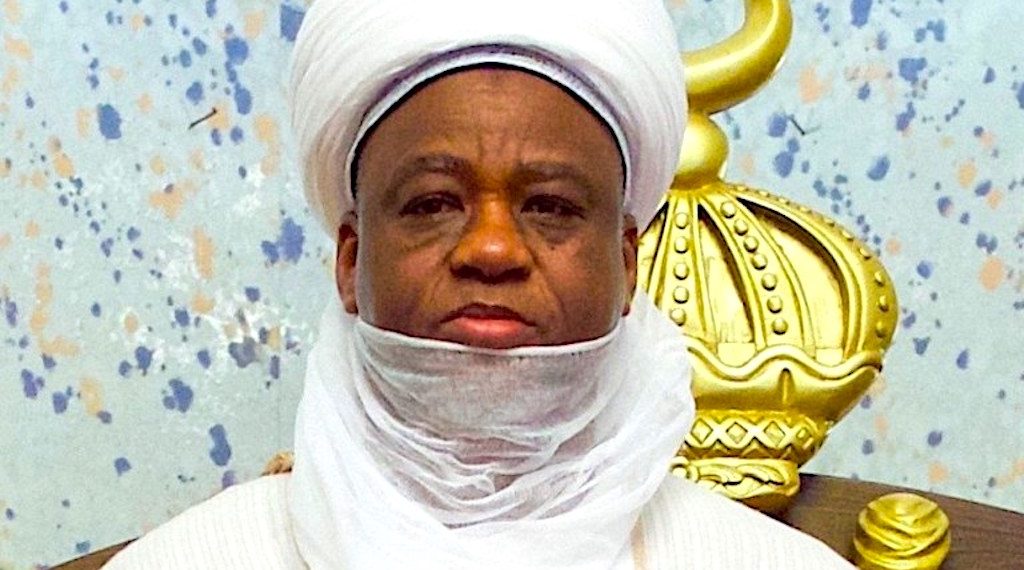
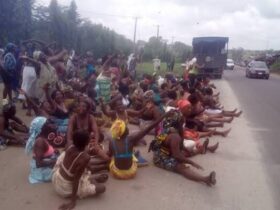
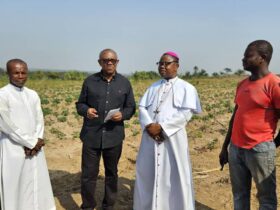

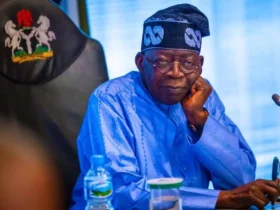
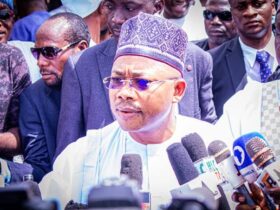
Leave a Reply